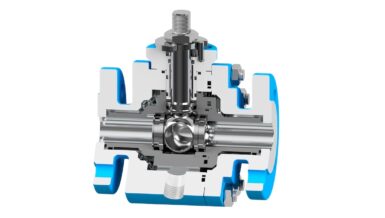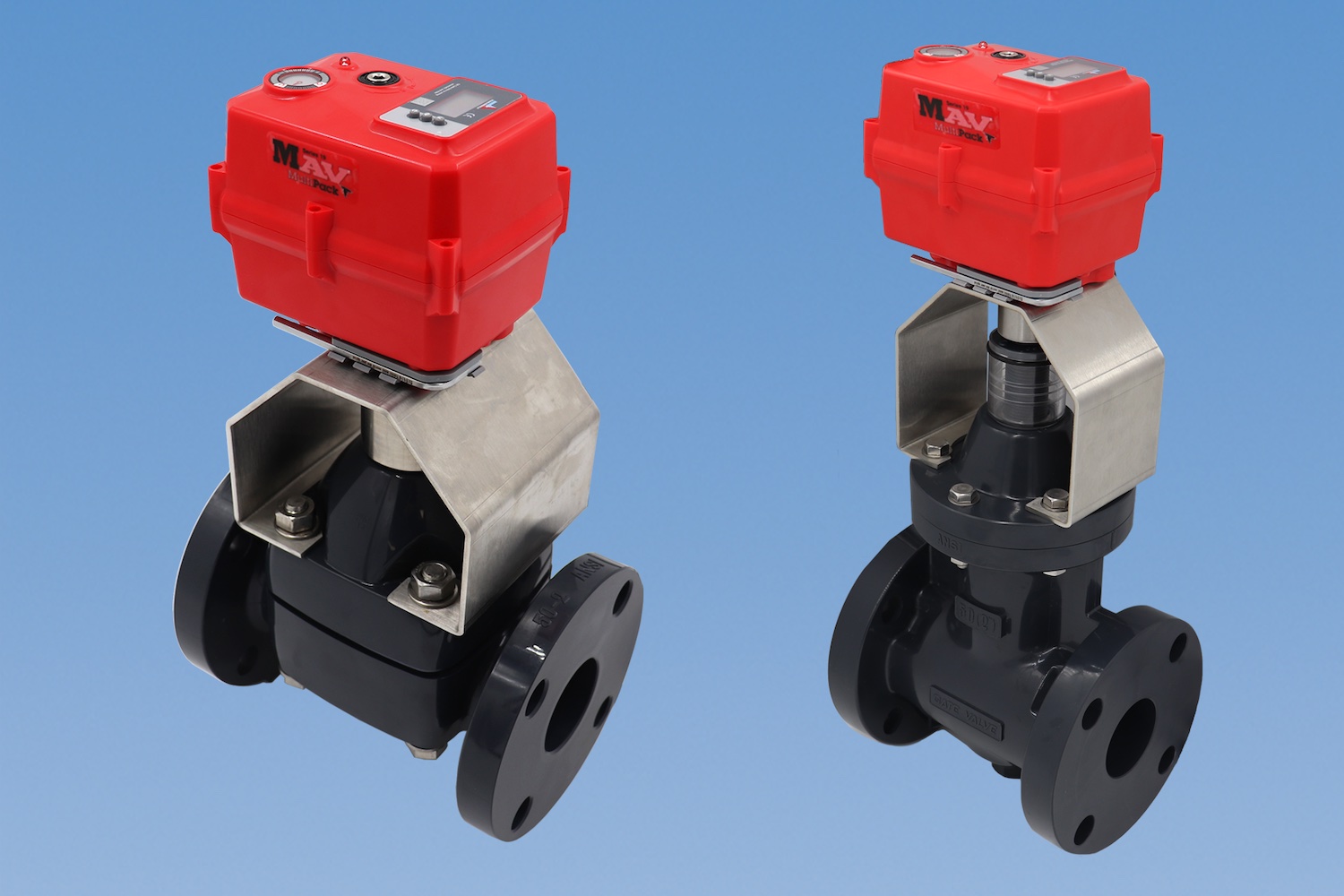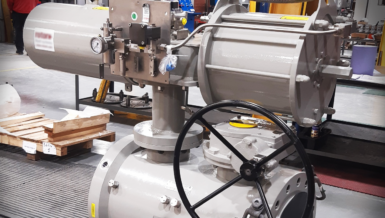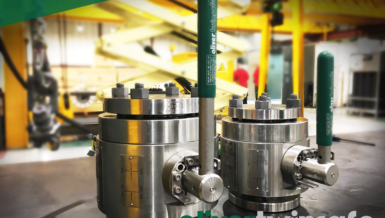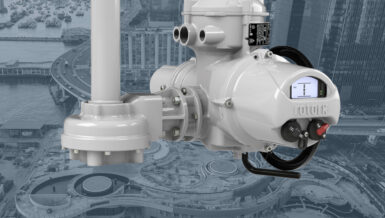However, while planned outages are a routine task, potential process improvements in this area can easily be overlooked. Over time, this can evolve into a significant problem given that unplanned downtime in sectors like power generation can cost businesses millions of pounds, even over a comparatively short period.

In this article Tom Slaughter, Global Aftermarket Programme Director at IMI Critical Engineering, explains how critical plant equipment manufacturers are best placed to assist in streamlining scheduled maintenance in today’s combined cycle facilities.
Time is Money
Planned outages are similar to car servicing. Everyone understands that if a vehicle is regularly serviced it is less likely to break down and, more importantly, will cost the owner less in the long term. In other words, prevention is better than cure.
Maintenance in power plants is often driven by OEMs requiring set service intervals. These intervals are measured against the total hours of runtime for major power plant equipment, such as gas and steam turbines, over a set period. Other components, like control valves, are also inspected and serviced during this time.
Power plants are hugely complex and every element involved in a planned outage can have a knock-on effect if not serviced at the right time by an expert team. Therefore, understanding how different elements impact one another is crucial, both for keeping to schedule and in avoiding the plant’s critical path outage work. If multiple teams are involved, all requiring time and components to complete their work effectively, unexpected delays or late deliveries can jeopardise an entire programme. Time really is money in this respect.
Involving the Equipment Manufacturer in Planned Outages
Plant equipment manufacturers should play a more integrated role in planned outages. IMI Critical Engineering, for example, proactively communicates with plant owners, managers and planners, understanding how their internal teams operate before, during and after a servicing period. This means that we are able to see the bigger picture and determine how our engineers fit into the customer’s wider programme.
Understanding exactly which critical components need to be serviced allows for better preparation ahead of any arrival on-site. At the same time, there is also a need for manufacturers to go beyond being mere passive suppliers that simply react to a plant’s procurement processes. This reactive approach often leads to supply shortages or incorrectly specified parts, leaving the site at the mercy of a bidding process largely outside of its control.

That said, this works both ways. Plant managers can find themselves lacking critical parts and the knowledge necessary to refit them if they rely on a ‘standard’ or formulaic procurement method. It makes far more sense to develop partnerships with experienced critical engineering service providers who are involved in a planned outage programme at its earliest stages. This ensures greater attention to detail and encourages important consultancy around other downstream equipment and competitor parts, as well as more general improvements to process control.
Where appropriate, equipment manufacturers should involve their engineers, technicians and sales teams to encourage a deeper, more constructive dialogue with a plant and its staff. This is especially important when new or upgraded components are necessary. Using the car servicing analogy again: if it is time for a simple oil change, a general service centre will probably be more than adequate. For cam belt fitting or transmission work, an approved specialist will most likely be the better choice. In other words, ensuring that the right people are involved at the correct time for the appropriate job will result in more effective work throughout a planned outage.
Delivering Lasting Value
Planned outages are a necessary part of operational life in today’s combined cycle plant, not least because higher cycling frequencies place greater stress on major equipment and ancillary parts. Downtime, planned or unplanned, costs money, and plant managers can minimise the financial impact by moving beyond a simple customer/supplier relationship with their critical equipment manufacturers.
Adopting an integrated approach will ultimately lead to a better, more constructive servicing programme, minimising potential problems posed by critical path outage work and the resulting budget overruns. Expert Original Equipment Manufacturers like IMI Critical Engineering have the knowledge, expertise and reach to help plants streamline this vital process. This streamlining drives operational efficiency up while keeping running costs down.
Find out more about IMI Critical Engineering’s maintenance strategy in combined cycle plants.




